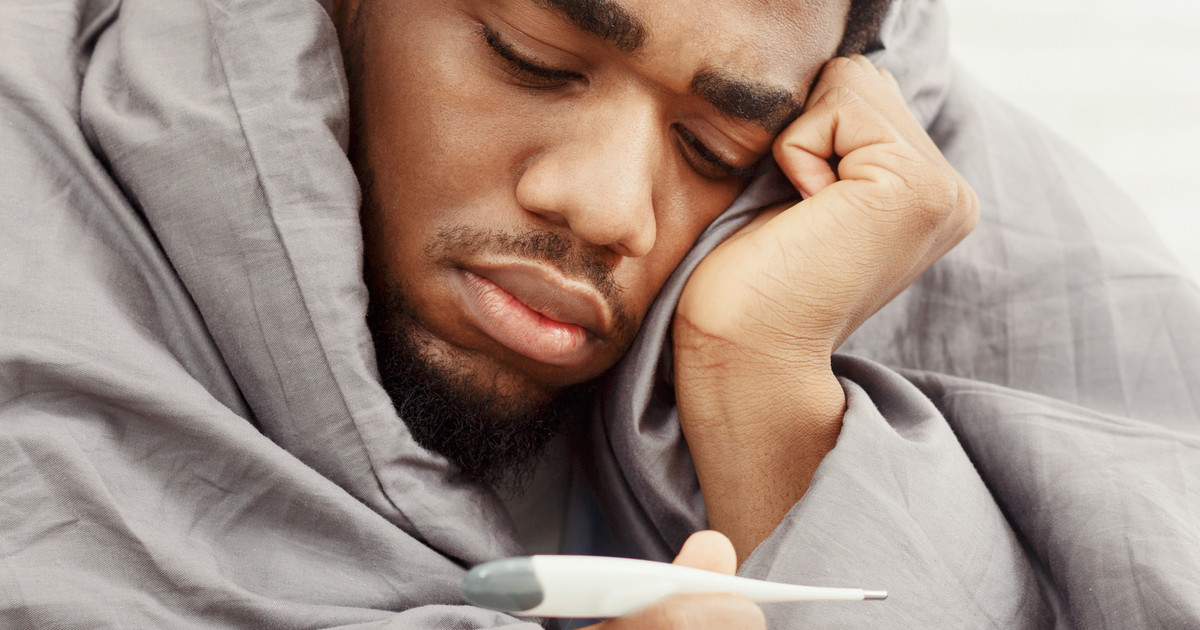Overview Of The Warning Signs Of Gallbladder Problems
Fever And Chills

Fever and chills may indicate that something is seriously wrong, especially when paired with abdominal pain. These symptoms often happen when there is an infection in the individual's body. An infected gallbladder can lead to dangerous complications if it is not treated. An individual's immune system will fight against the infection, but it will not always be able to vanquish it without antibiotics. If the infection moves into the rest of their body, their organs can be damaged to the point of permanent disability or death.
Fevers occur when the body's internal temperature reaches more than 100.3. They are an immune response regulated by the hypothalamus in response to sickness or infection. Infections may be viral or bacterial in nature. With the gallbladder, it is common for infections to start after a period of cholecystitis, which is the medical term for gallbladder inflammation. When the bile duct is blocked, it leads to an excess of bile in the gallbladder because it is not released into the intestines. This can lead to bacterial infections in the substance.
